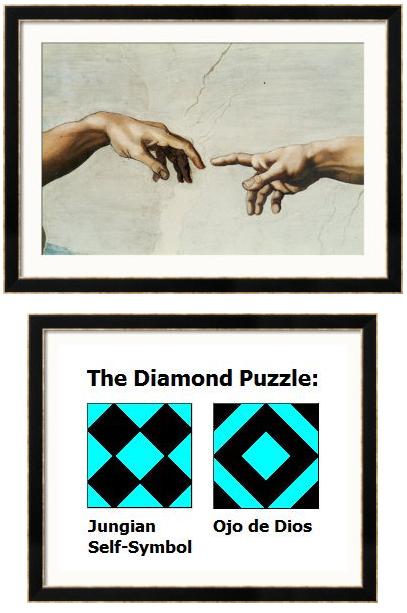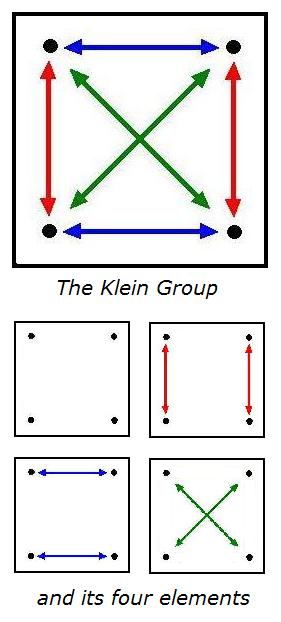Orwell’s question, according to
an admirer of leftist Noam Chomsky:
“When so much of the BS is right out in the open,
why is it that we know so little about it?
Why don’t we see what’s right in front of our eyes?”
“First of all, I’d like to thank the Academy….”
— Quotation attributed to Plato
The New Yorker of March 31, 2003, discusses leftist academic Noam Chomsky. The online edition provides a web page listing pro-Chomsky links.
Chomsky’s influence is based in part on the popularity of his half-baked theories on linguistics, starting in the 1950’s with “deep structure” and “transformational,” or “generative,” grammar.
Chomsky has abandoned many of his previous ideas and currently touts what he calls The Minimalist Program.
For some background on Chomsky’s recent linguistic notions, see the expository essay “Syntactic Theory,” by Elly van Gelderen of the Arizona State University English Department. Van Gelderen lists her leftist political agenda on her “Other Interests” page. Her department may serve as an example of how leftists have converted many English departments in American universities to propaganda factories.
Some attacks on Chomsky’s scholarship:
The Emperor’s New Linguistics
The New Grammarians’ Funeral
Beyond Chomsky
Could Chomsky Be Wrong?
Forty-four Reasons Why the Chomskians Are Mistaken
Call for Papers, Chomsky 2003
Chomsky’s (Mis)Understanding of Human Thinking
Anatomy of a Revolution… Chomsky in 1962
…Linguistic Theory: The Rationality of Noam Chomsky
A Bibliography
Some attacks on Chomsky’s propaganda:
LeftWatch.com Chomsky page
Destructive Generation excerpt
The Sick Mind of Noam Chomsky
Partners in Hate: Noam Chomsky and the Holocaust Deniers
Chomsky and Plato’s Diamond

Like another purveyor of leftist nonsense, Jacques Derrida, Chomsky is fond of citing Plato as a precedent. In particular, what Chomsky calls “Plato’s problem” is discussed in Plato’s Meno. For a look at the diamond figure that plays a central role in that dialogue, see Diamond Theory. For an excellent overview of related material in Plato, see Theory of Forms.


























